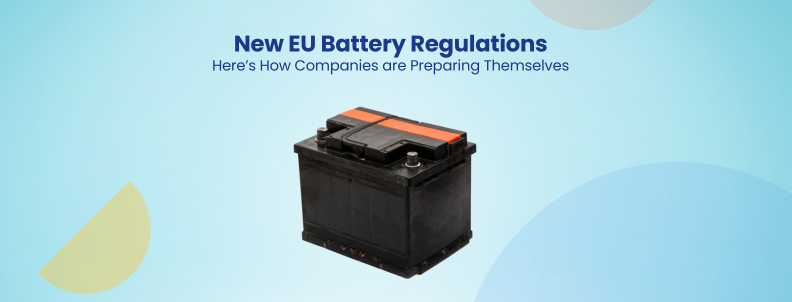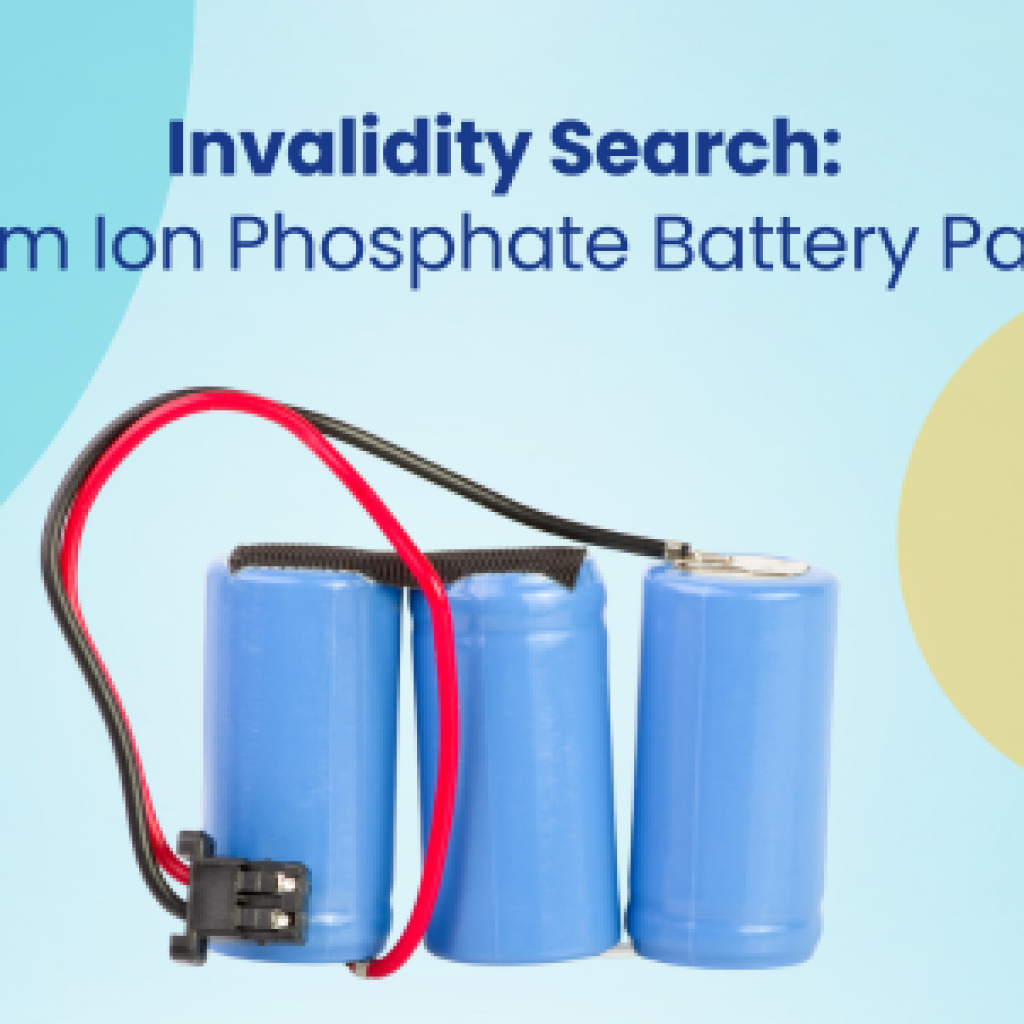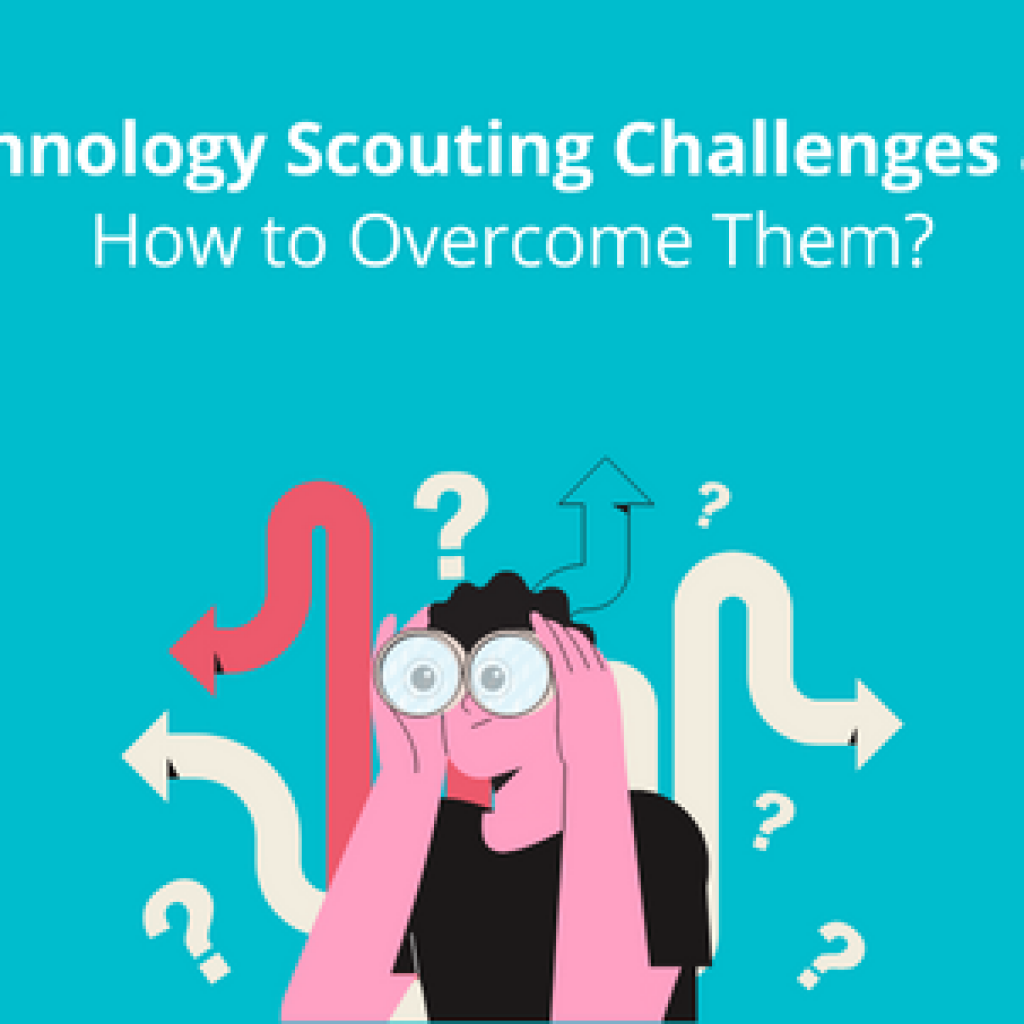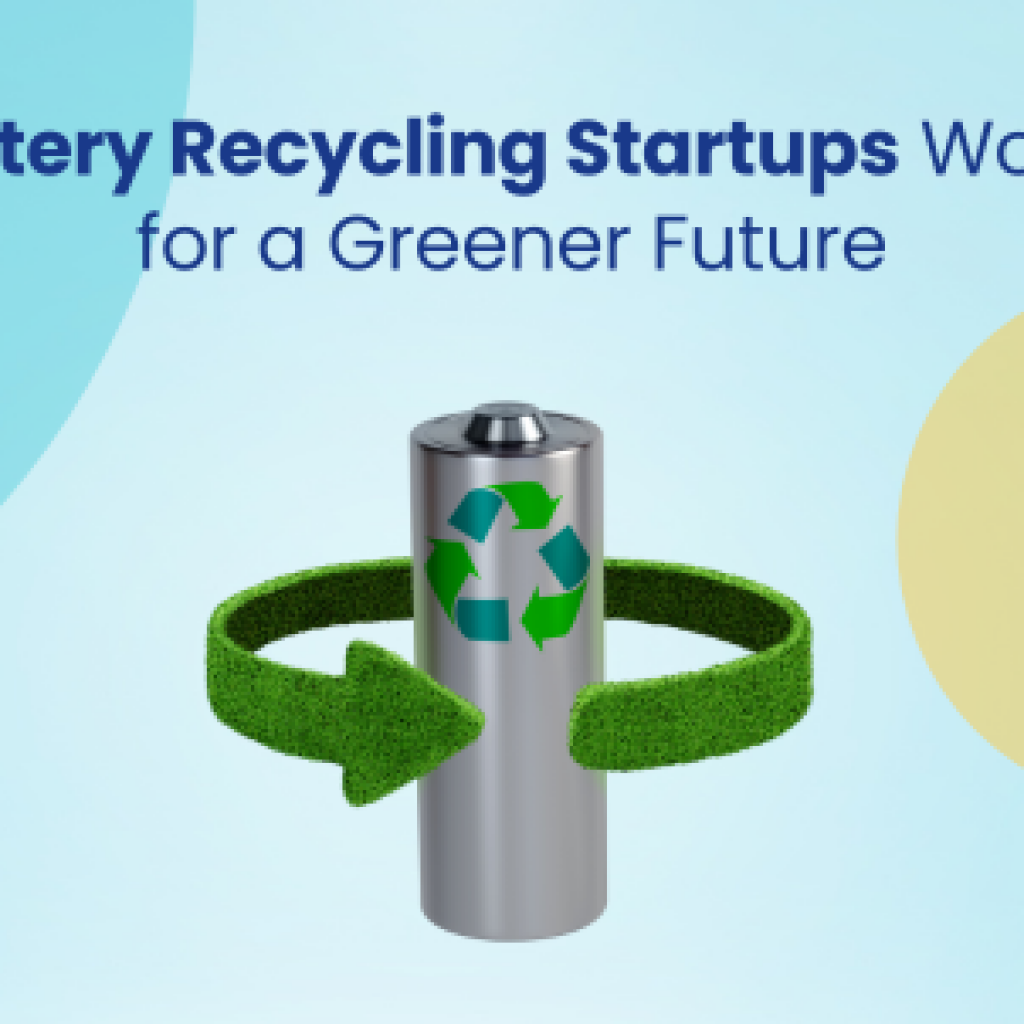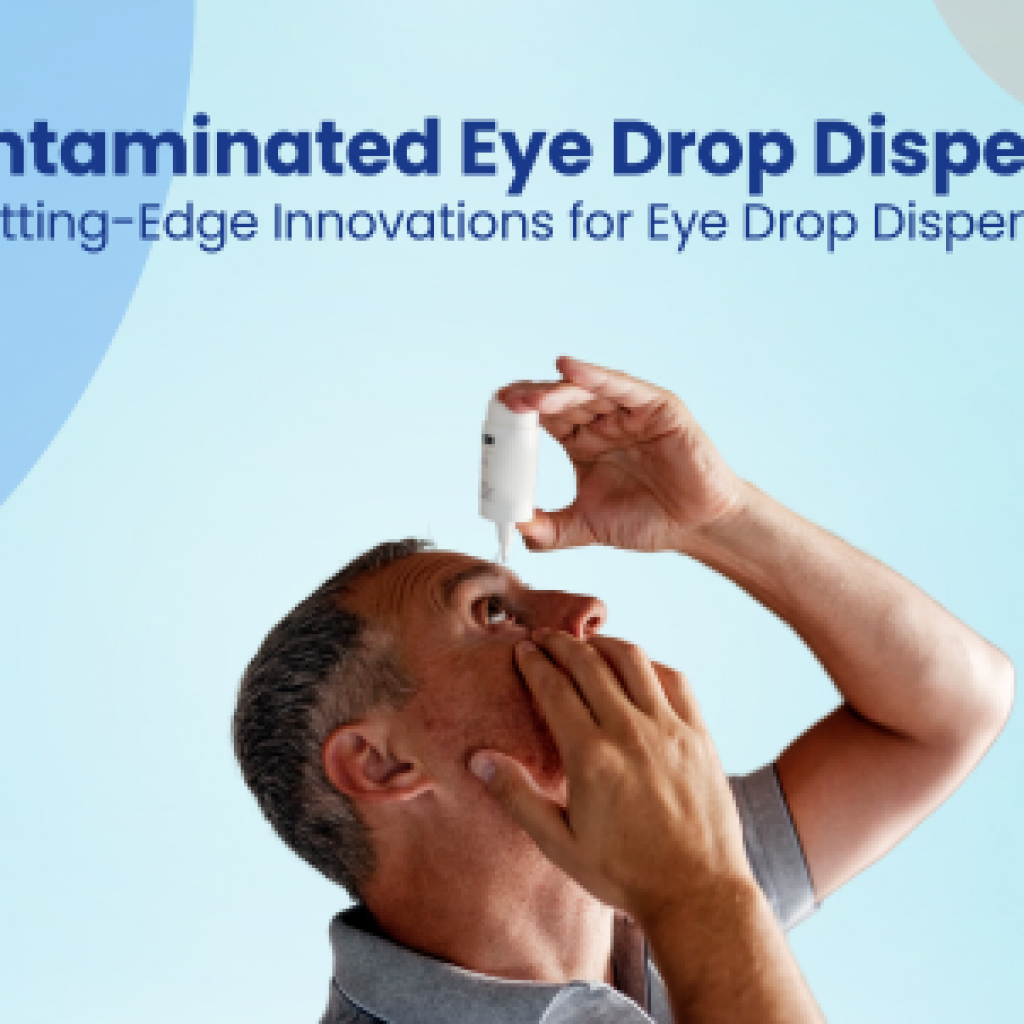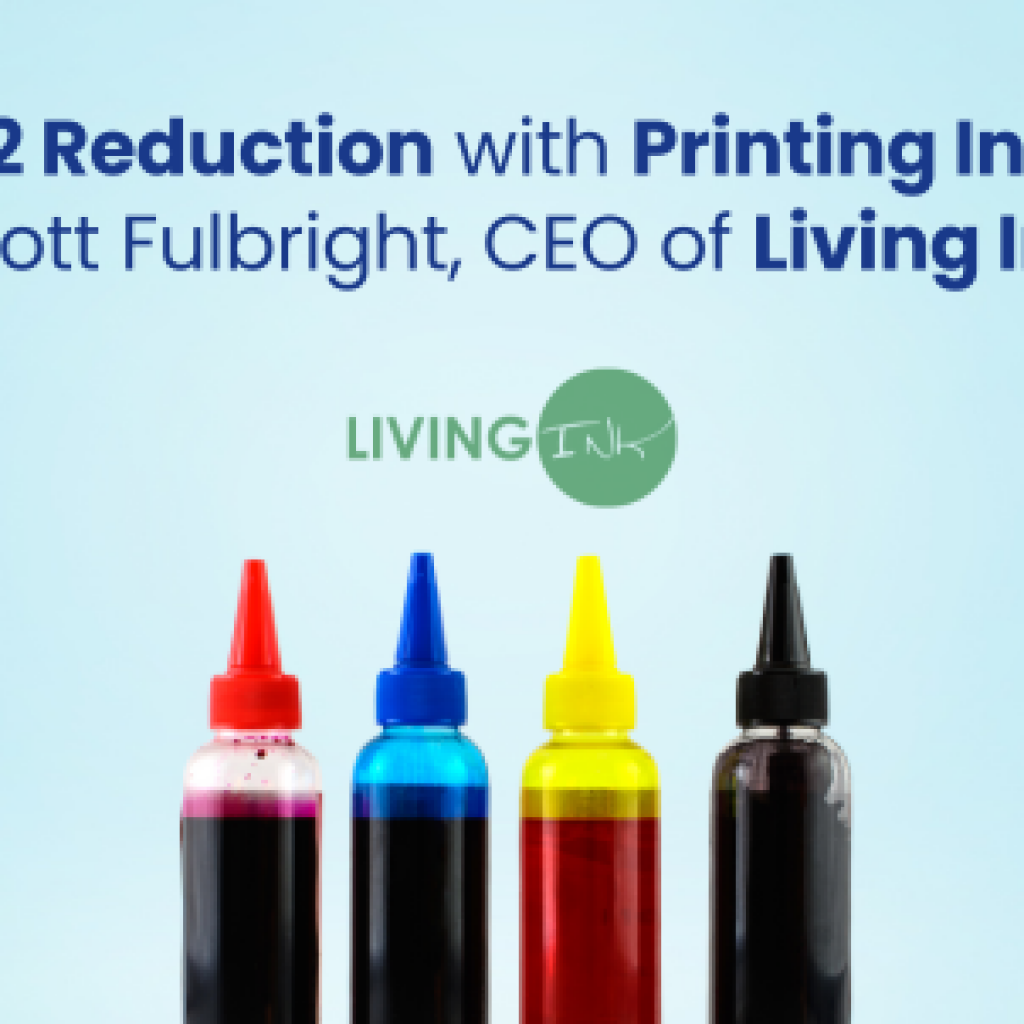In July 2023, the EU (European Union) released new battery recycling regulations. Enforced in February 2024, the new EU battery regulations focus on several key areas to ensure sustainability and ethical practices in the battery industry. These include:
- Carbon Footprint and Recycled Content: By 2025, companies must declare their batteries’ carbon footprint and meet specific recycled content targets.
- Supply Chain Due Diligence: Manufacturers must establish policies and management systems to ensure the ethical sourcing of raw materials.
- Battery Passport: From 2027, certain batteries must have a digital passport containing detailed information to enhance transparency and traceability.
- Removability and Replaceability: By 2027, portable batteries must be easily removable and replaceable by consumers.
The new regulations are set to affect many companies involved in the battery supply chain. This article will explore notable companies’ shifts and strategies to comply with the new EU battery regulation in 2025 and beyond.
Apple plans to use a special stainless steel battery case.
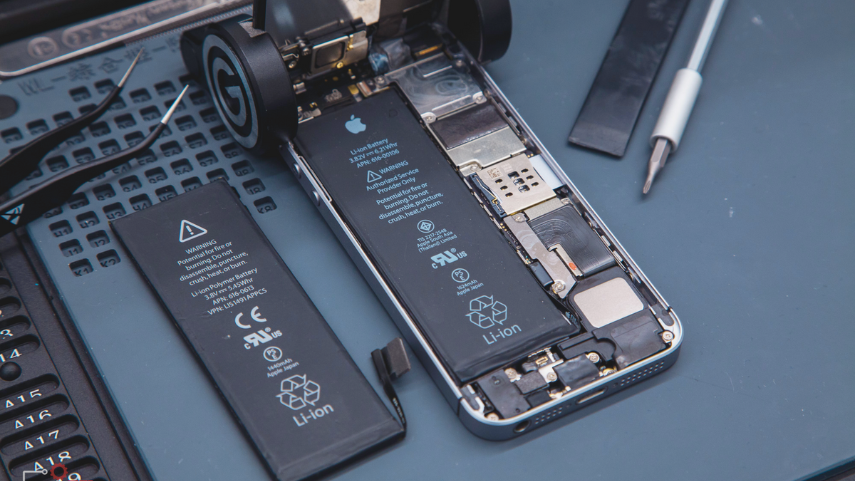
Apple analyst Ming-Chi Kuo reports that the iPhone 16 series will feature a new stainless steel battery case to simplify disassembly and meet EU requirements. This design is expected to boost battery cell density by 5-10%, improve performance, and extend battery life through better heat dissipation. The stainless steel case also offers enhanced protection against physical damage, improving battery integrity and safety.
In addition, Apple is developing an electrically induced adhesive release technology to simplify battery detachment. This tech uses electrical signals to weaken adhesive bonds, allowing easy battery removal without damaging the device. If successful, it will make battery replacement easier.
The company’s phased rollout strategy will ensure thorough testing and refinement of the new technology before wider implementation. The iPhone 16 Pro Max is expected to be the first model to showcase this innovative battery design, setting a precedent for future models and demonstrating compliance with EU regulations.
Stellantis is actively collaborating with multiple entities to meet EU regulations.
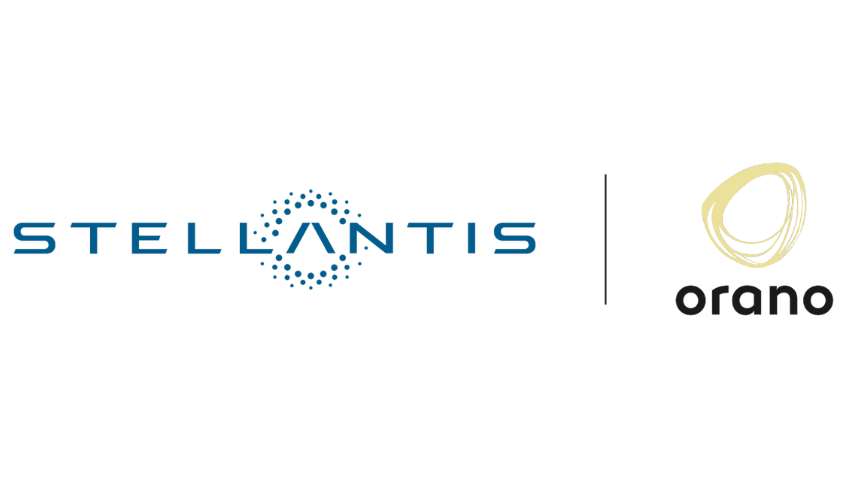
The automotive manufacturer Stellantis has partnered with Orano to sustainably manage electric vehicle battery materials, aiming for carbon net zero by 2038. This collaboration focuses on reclaiming cobalt, nickel, and lithium to support a circular economy and comply with the EU’s 2031 battery directive for recycled materials in new batteries.
In another strategic move, Stellantis and CATL signed an MoU to use lithium iron phosphate batteries for European electric vehicle production. This partnership emphasizes local supply to reduce the carbon footprint and promote recycled content, aligning with EU environmental goals.
The European Union has required all appliances to have user-replaceable batteries by 2027. Following this, Stellantis partnered with Ample to use modular battery-swapping technology in its electric vehicles. Ample’s batteries, designed as drop-in replacements, can be fully charged in under five minutes, addressing charging time, range anxiety, and battery wear.
Volvo EV becomes the world’s first to comply with EU battery passport regulations.
From February 2027, battery passports will be mandatory for electric vehicles (EVs) sold in the European Union. In response, Volvo collaborated with Circulor to introduce a battery passport on its all-electric EX90 SUV. It will be the first vehicle to feature this and comply with the EU battery passport regulation. The initiative supports Volvo’s goal of producing only fully electric cars by 2030.
The EX90 passport is accessible via the Volvo Cars app and a QR code. It offers transparency in material traceability, the embedded carbon footprint, and the percentage of recycled content in the battery, putting Volvo ahead of other automakers in the market.
Tesla and Audi had already released a proof-of-concept for their respective battery passports in January 2023. But Volvo’s EV would be the first vehicle to roll out with a finalized version.
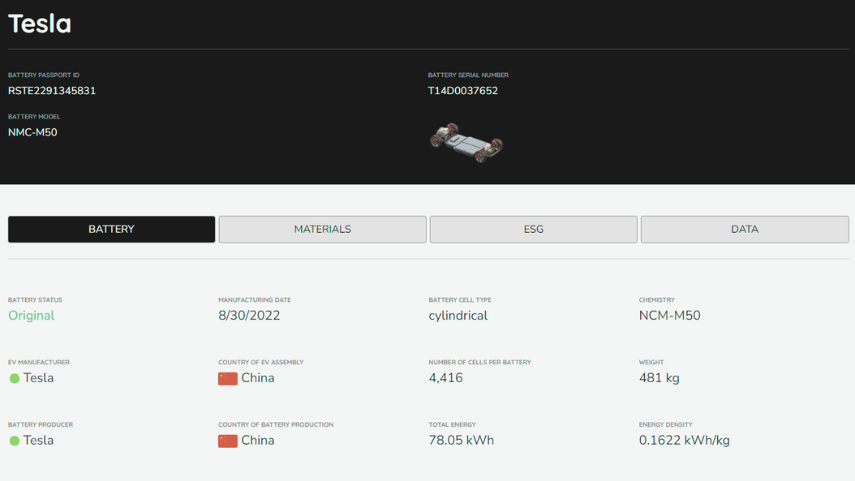
Recommended report: 10 Startups Innovating the EV Battery Technology
Mercedes Benz advances EU-compliant battery recycling with Primobius partnership.
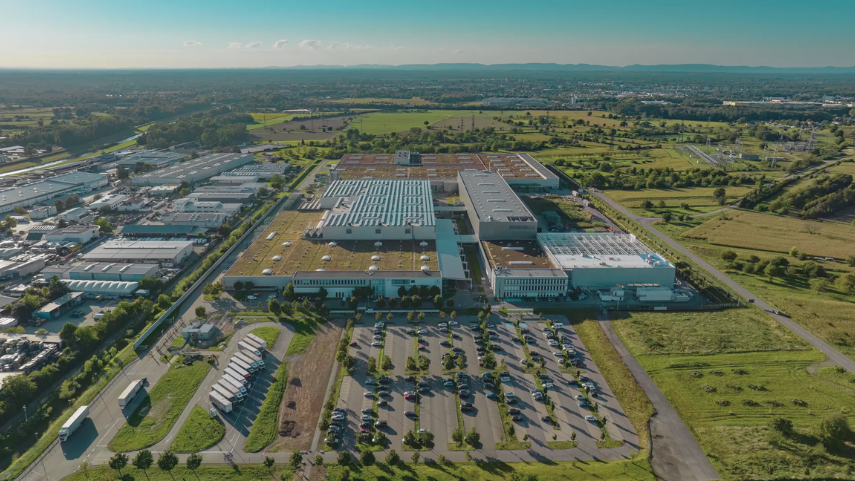
The German technology company Primobius has received a purchase order from Mercedes-Benz for a hydrometallurgical refinery plant, completing the lithium-ion battery recycling facility in Kuppenheim, Germany.
Primobius, a joint venture between Neometals Ltd. and SMS group, focuses on recovering valuable materials from used batteries to support sustainable recycling and reintegration into the battery supply chain. Their technology facilitates the recycling of lithium-ion batteries, aligning with the EU’s 2023 recycling and material recovery regulations, which are essential for compliance.
This contract includes the fabrication, installation, and commissioning of Stage 2, designed to process intermediate feed material from Stage 1. The partnership validates Primobius’ technology and scalability.
ACC has partnered with Circulor, utilizing their supply chain traceability solution
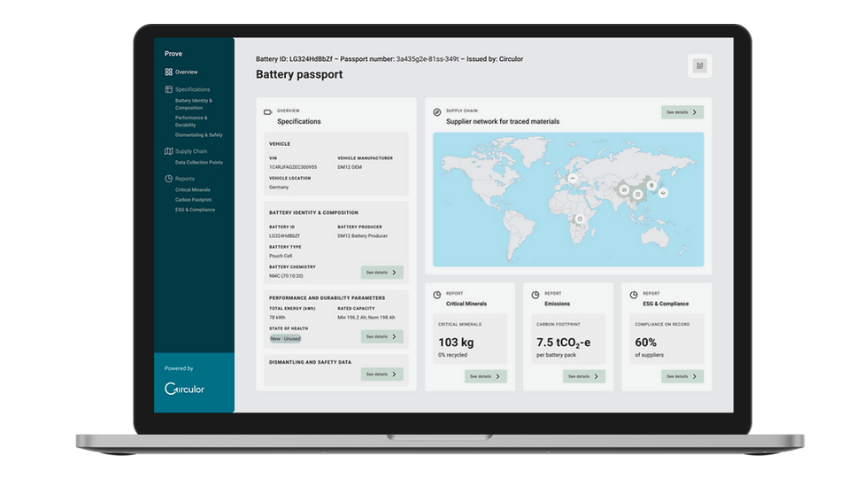
In January 2024, Automotive Cells Company (ACC) and Circulor announced a partnership to enhance supply chain transparency for ACC’s battery cells. Circulor will help ACC trace the source, journey, and carbon emissions of raw materials like lithium, graphite, cobalt, and nickel.
The partnership will provide detailed supply chain mapping, material traceability, and embedded carbon emission reporting, supporting the EU Battery Passport regulation.
Circulor, known for its Battery Passport Dashboard and regulatory expertise, will help ACC lead in sustainable battery manufacturing. This three-year collaboration can highlight ACC as a sustainable and responsible battery manufacturing leader.
Conclusion
The new EU battery regulations are shifting the battery industry towards sustainability, ethical sourcing, and enhanced user options. Apple is working on replaceable batteries and new adhesives, while Stellantis partners with Orano and CATL for recycling. Volvo’s battery passport for the EX90 emphasizes transparency and traceability.
Collaborations, such as Mercedes-Benz with Primobius for recycling and ACC with Circulor for supply chain traceability, highlight the industry’s commitment to compliance and sustainability. These efforts align with the EU’s objectives, making these companies eco-friendly battery manufacturing pioneers. It also helps create a more sustainable and ethical supply chain.
Keeping track of all these industry changes around the EU battery regulation is complex. To stay ahead in the industry, you must overcome numerous challenges, including:
- The ambiguous and inconsistent interpretation of regulatory directives,
- Tracking of frequent and interconnected updates to existing laws,
- Difficulty assessing the market impact of an invention because its implementation timeline is unclear.
Navigate through these issues and get a clear view of useful insights for your research with GreyB’s expertise. Fill out the simple form below with your query, and we’ll contact you soon.
Authored by: Sakshi Tripathi, Patent analytics
Edited by: Hemanth Shenoy, Market research

